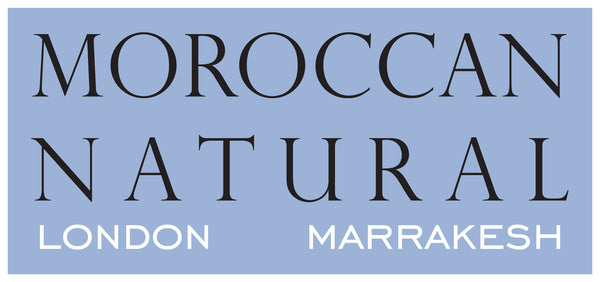MENTAL HEALTH RECOVERY – ON YOUR OWN TERMS

Did you know approximately 1 in 4 people in the UK will experience a mental health problem each year? In your own very group of friends, one may be suffering in silence – or maybe that one is you. Over the years, mental health awareness has increased, with the month of May dedicated to fundraising and promoting all the different charities that help those suffering and Kate, William and Harry supporting the launch of 'Heads Together'. In England, 1 in 6 people report experiencing a common mental health problem (such as anxiety and depression) in any given week, which is why it’s crucial we continue to give it the recognition it deserves and pledge to do more.
Mental Health can cover issues like Anxiety disorder, Depression, Phobias, Panic Disorder, Post-Traumatic Stress Disorder as well as many more. The term also covers further developed cognitive disorders such as Psychotic disorder, Bipolar disorder, Antisocial Personality Disorder and Borderline Personality Disorder. This is certainly not an extensive list of the different types of mental health issues that can affect an individual, but they do lead to devastatingly more deaths each year through suicide than any other cause of death. Mentalhealth.org, a leading Mental Health Foundation in the U.K. has researched the statistics regarding suicide and stated the following:
“More than 55,000 suicides occur in the European Union each year, including more than 6,000 in the UK and Ireland.1 That figure means there is one death by suicide every two hours - and at least ten times that number attempt suicide.2 Statistics show that suicide rates have increased by 4% between 2012 and 2013, with 6,708 suicides occurring in 2013 across the UK and Ireland. “
Source: Mental Health Foundation
Mental health may be one of the more difficult things to confront as it is very crippling yet not obvious in public. Even after having the courage to seek help, it’s difficult to find the words to explain how you feel, what you feel and engage in finding a solution. Mental illnesses can make you lose motivation and hope in equal measure, which is why many turn to suicide to ease their pain.
We do not cover difficult topics like Mental Illness, however this week we felt it was necessary to at least try to help in the best ways we can. This week, we discovered a clever self-assessment kit created by Sara Lopez Ibanez called ‘Mindnosis’. The self-assessment kit is encouraging yet gentle enough to help you assess the issues you would like to face and those that are causing you most harm – without the intimidation of a closed up a one-on-one session with a professional. It allows you to feel in control of the issues you face before you hand them over to a professional when seeking medical help. Sara has put together a wonderfully simple video detailing the way Mindnosis works below:
Find out more about Sara’s self-assessment kit on her website.
TAKING THE FIRST STEP

With mental health, it's very easy to convince yourself your problems are 'not big enough' to reach out for a professional. Wrong! Help is out there for all cases, big and small. If you or anyone you know is dealing with mental health issues, you do not have to suffer in silence, nor should you feel unworthy of seeking help.
Mind is a U.K. based charity dedicated to raising awareness, fundraising and most importantly, offering help and advice to those suffering from a mental illness. Reaching out to an advisor at Mind is very simple as they have dedicated services for the different ways they can help, with phone lines, text message services and email. All correspondence is kept strictly confidential, and their emails are routinely deleted every 3 months for extra security.
If neither Mind or Mindosis seem just right for you, the NHS has compiled a list of the mental health services available across the U.K., specialising in various issues from eating disorders to stress management, anxiety and more. Feel free to find out more on their website.
We hope you’ve found this article useful. For all things, Moroccan Natural follow our Twitter page @MoroccanNatural, Instagram @Moroccan_Natural or find us on Facebook @ Moroccan Natural.

